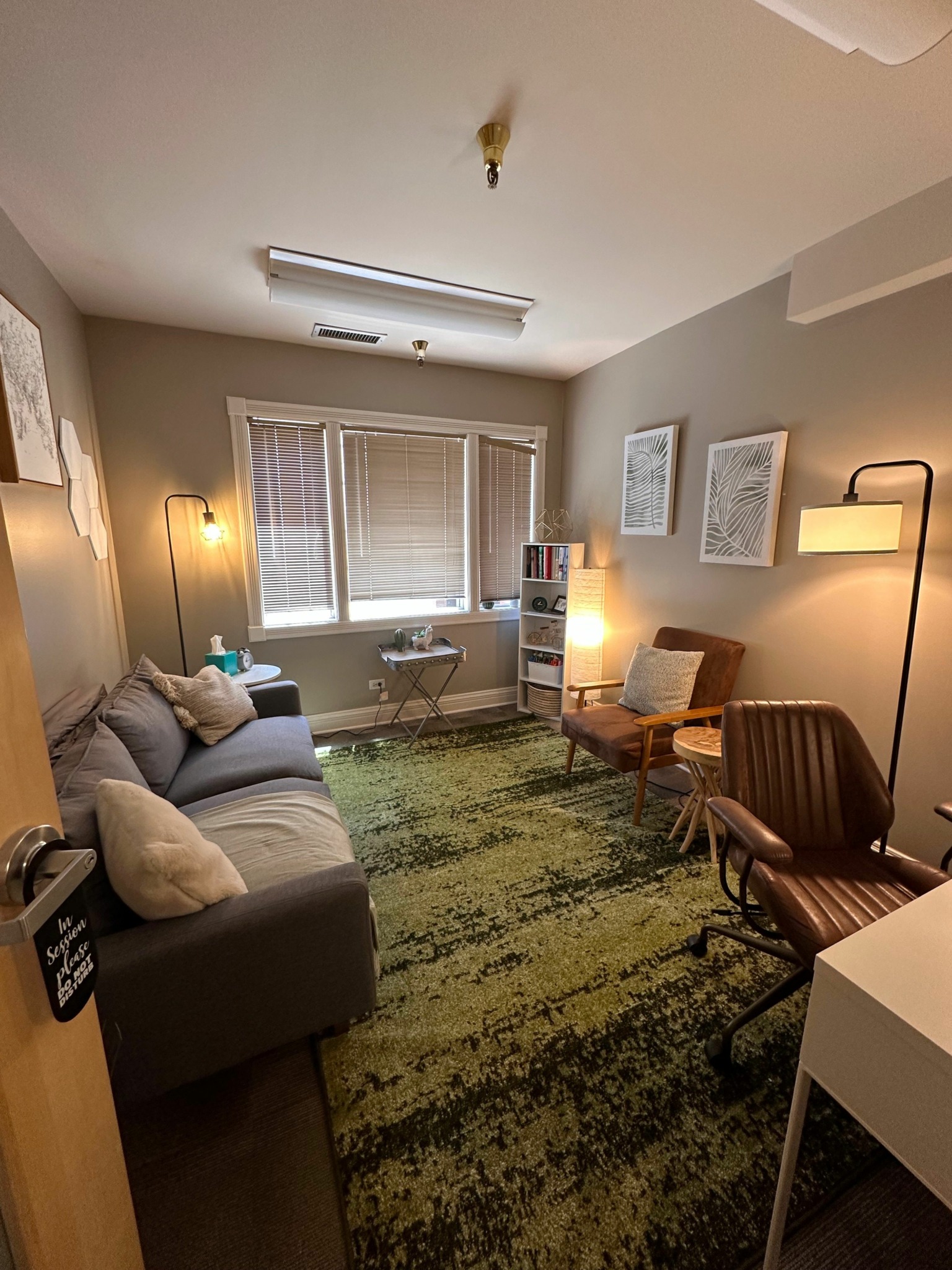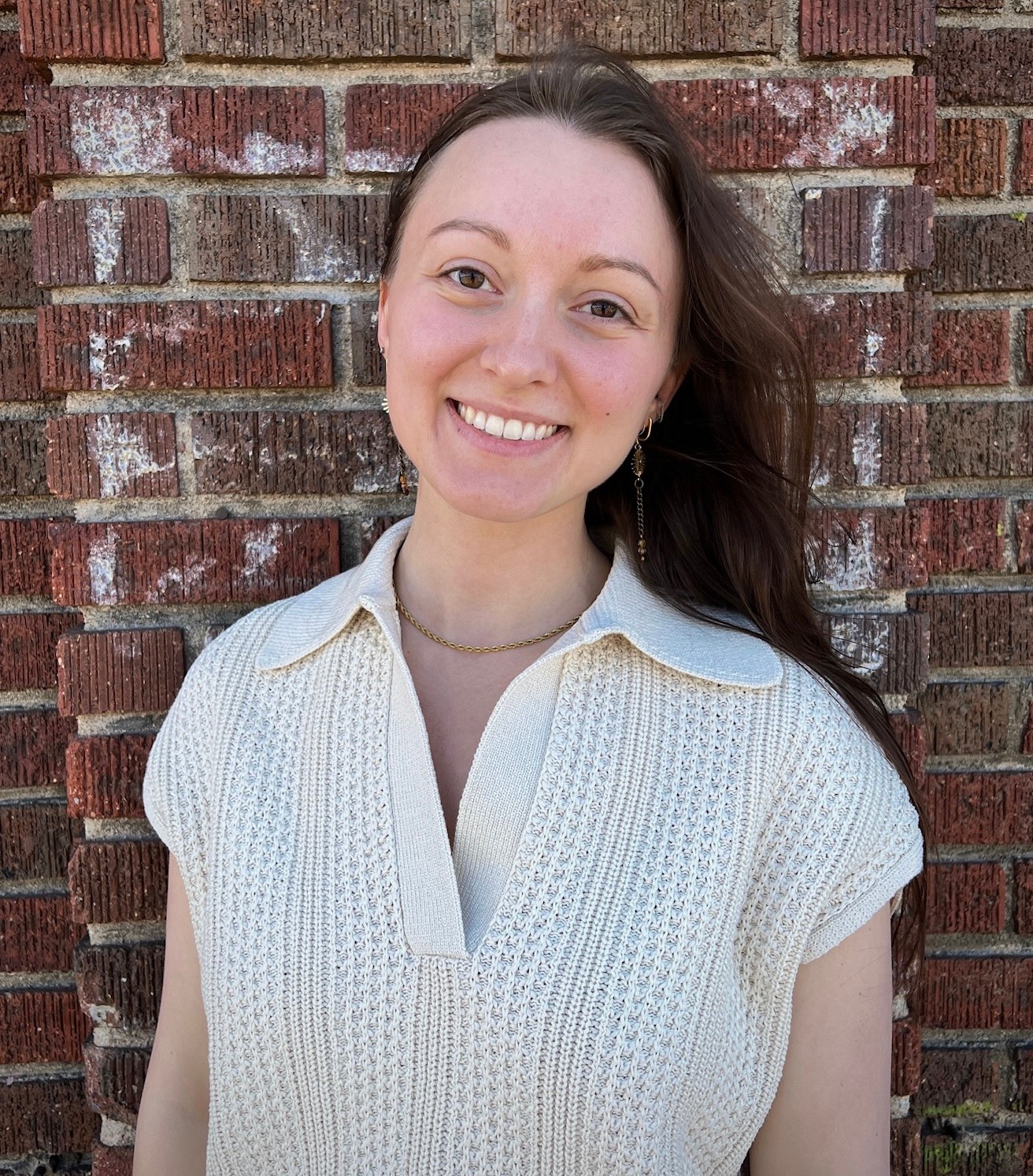We’re excited to introduce you to the always interesting and insightful Hunter Glew. We hope you’ll enjoy our conversation with Hunter below.
Hi Hunter, thanks for joining us today. Do you think your parents have had a meaningful impact on you and your journey?
I think one really wonderful thing my parents offered me was a sense of curiosity about people. From an early age they always prompted me to ask “why”, not necessarily to find the answer but to open my mind to other possibilities. One of the first times I recall this happening was in preschool. There was a girl at school who I considered to be my bully. I would come home and tell my parents about the things she had done that day. I was angry and sad, wanting her to be punished, but instead my parents said “I wonder what’s happening in her life to make her try to get your attention that way.” Of course, my parents knew something was probably happening in this little girl’s world that was making her life hard. By punishing her for hurting my feelings, her world would get harder and she could feel even more alone, which would exacerbate the problem. As much as any 4 year old can, I was able to understand that she wanted my attention and she just wasn’t doing it in the way I wanted. This became an opportunity for understanding and connection. That girl and I became best friends for many years, and I came to learn her family was experiencing divorce. Everything made sense, but only after I allowed myself to reenter the situation with curiosity.
This shaped who I am and how I interact with the world. I believe that at their core, people are good. Life experiences lead us to develop defense mechanisms which may be perfect for the moment they were created, yet they carry into situations where they no longer serve us. I am able to approach situations with this understanding of human behavior, which allows me to feel curious about peoples defenses and compassionate towards the version of them that needed to create that defense in the first place.
This mindset of curiosity led me to my career. Being a counselor allows me to learn people’s life stories and ask questions that support a curious mindset. I have found this is particularly important when it comes to peoples harsh judgements of themselves. When I am able to help my clients enter a mindset of curiosity towards themselves, they can approach their situation with greater compassion and take actions that are in line with their values, rather than actions that are driven by fear. I love my job, and I am grateful that my parents helped me stay curious.

As always, we appreciate you sharing your insights and we’ve got a few more questions for you, but before we get to all of that can you take a minute to introduce yourself and give our readers some of your back background and context?
I am a mindfulness based therapist, passionate about interweaving multiple healing modalities for more holistic healing from trauma, anxiety, and grief, among other things. Many of us have wounds from our past or present that hold power over us. I aim to help my clients build skills to reconnect with their mind, body, and life, so they are equip to give attention to those wounds. Some of the modalities I work from include Acceptance and Commitment Therapy, Internal Family systems (also referred to as inner child work), and Somatic Therapy.
One analogy I often come back to in my work as a therapist is that of a young child who wants your attention. At first they ask nicely, “hey look at this.” We might believe we are too busy or it is unimportant, so we don’t look up. Then the child asks a little more sternly and we might glance up, and brush them off again. Eventually the child is having a tantrum and we may feel frustrated or confused as to why. Our emotions are the same, often showing up for our attention kindly. We ignore unwanted emotions because we believe they are too much for us to handle, or they will bring us down, but this only makes them come out in more intense ways like a strike of anger, an anxiety attack, or a wave of depression. I aim to help clients acknowledge their emotions earlier on, approach emotions with self compassion, tune back into their intuition on what their emotions need, and trust their ability to fulfill those needs.

Learning and unlearning are both critical parts of growth – can you share a story of a time when you had to unlearn a lesson?
One thing I knew from experience, but had a hard time putting into practice was the idea that not every problem needs a solution. Sometimes we just have to say “wow, that was really horrible” and feel sad for a while. That is okay, and it’s also okay to ask your support system to do that for you rather than be in “fix-it” mode. This is especially important in the work I do and grief has allowed me to unlearn my tendency to problem solve things that are not solvable
I want to preface that when I use the word grief, I mean any person, experience, or expectation that is lost. For example, COVID-19 brought extensive grief to the world in many forms: not being able to have a graduation ceremony, having to miss experiences with people outside of one’s “bubble”, break-ups, and the death of loved ones, among so many others. I believe grief is the perfect example of something that we feel deeply and does not have a solution. Yet, our tendency is still to solve. Have you ever found yourself saying things like “you’re better off without them”, “what can I do to take your mind off it?”, or “you just need to trust they are in a better place”? These are not inherently bad things to say, however they highlight how uncomfortable we tend to be with letting people experience hard emotions. When I was grieving, phrases like this made me angry. They made me feel like I needed to move on, or make it look like I was moving on, to make those around me more comfortable. All I wanted was for someone to hear my story, give me a hug, or sit next to me as I cried. My own experience with grief helped show me that when supporting someone, the best thing we can do is ask how they want to be supported in that moment, trusting their inherent wisdom.

Putting training and knowledge aside, what else do you think really matters in terms of succeeding in your field?
I think one of the most important parts of my job is creating a space where clients feel safe, listened to, and cared about. Ultimately, if a client does not feel those things, it’s unlikely that therapy will be successful, so this is always a primary focus for me. One way that I try to create a safe environment is by making the physical space very malleable to clients needs. In my office I have all kinds of fidget toys, blankets, tea, and candles so clients can recreate some home-like comforts. I also let clients know that if they would prefer to do sessions in a park, while walking, or virtually, we can make that happen. I believe ultimately, all of these modifications give a client a sense of autonomy in how their session looks, which is a very important aspect of safety.
Being a good listener and making clients feels cared about tend to go hand in hand. Both require that I be fully present and engaged in the session, which takes some preparation. Not only do I need to be on top of my own self care so I can set aside my world while I step into my clients worlds, but I also need to spend time before sessions reminding myself of the clients goals and what work we have done so far to move towards achieving them. Doing this preparation puts me in a good position to engage with my clients meaningfully.
I love my job, and I feel so grateful to support so many wonderful humans as they go through the challenges of life.
Contact Info:
- Website: https://www.emberpsychotherapycollective.com/
- Other: Psychology Today: https://www.psychologytoday.com/us/therapists/hunter-glew-denver-co/1113801



